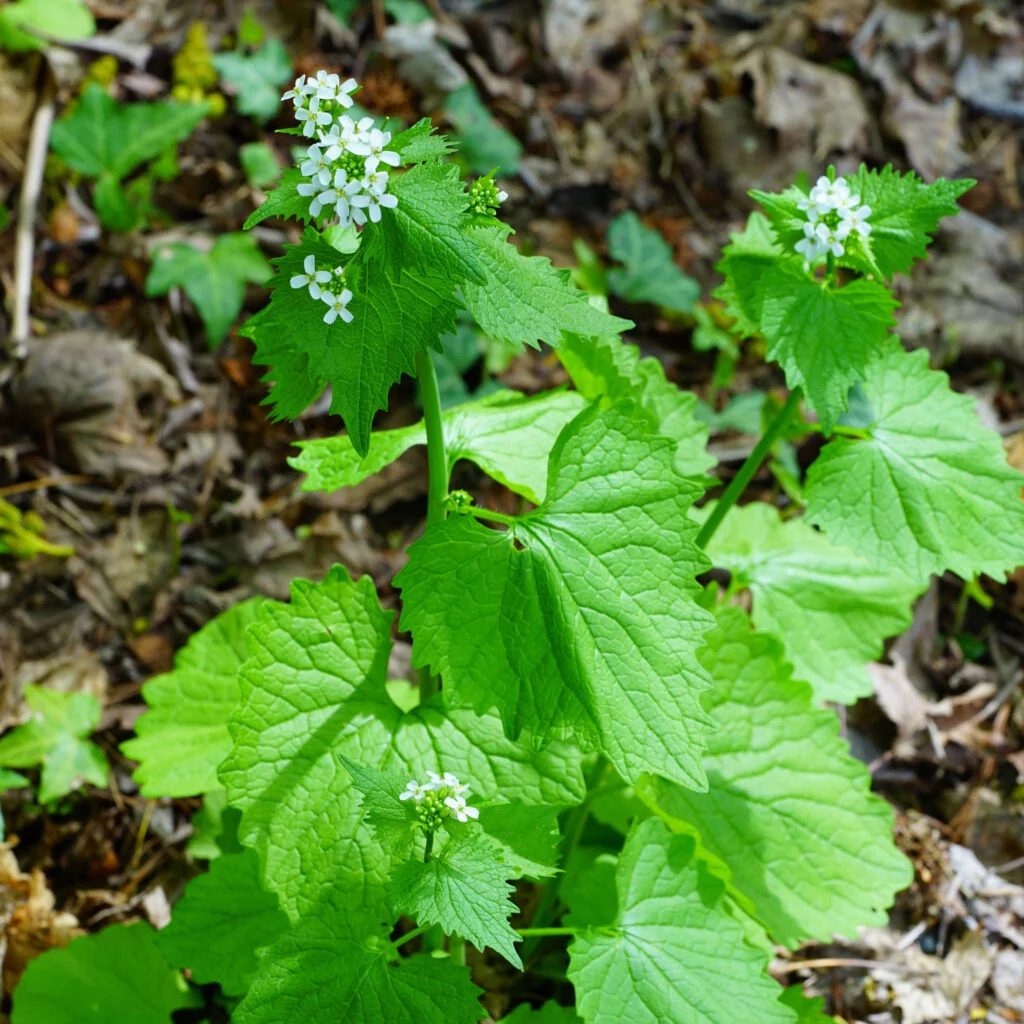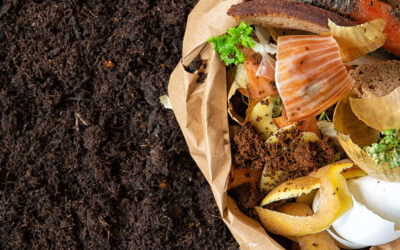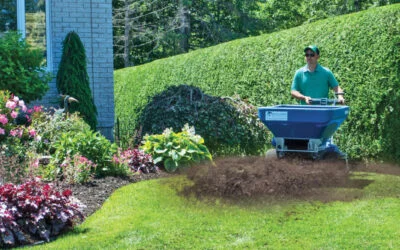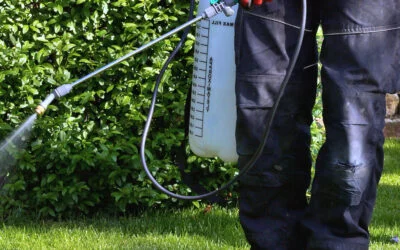
There are many types of invasive noxious species that impact our environment. Facts about how to help prevent their spread are below.
Rule of thumb on invasive or noxious weeds and plants:
Manage onsite if at all possible to avoid the spread of the plants and their seeds during transportation or at a facility not equipped to properly handle the disposal or management of them.
Garlic Mustard
What Is It?
Garlic mustard is native to Europe and was likely brought to the United States for food or medicinal purposes in the 1800s. It starts to grow in early spring prior to the emergence of native plants, and goes to seed in early summer. Garlic mustard also produces chemicals that inhibit the growth of other plants and beneficial fungi that help trees grow. Garlic mustard is shade tolerant and is often found covering the forest floor.
Garlic mustard has two different appearances depending on whether it is one or two years old. First year plants are a low-growing circular arrangement of kidney-shaped leaves with scalloped edges, called rosettes. In its second year, plants shoot up a 12-36 inch stem that will develop small white flowers at the top. If crushed, the plant smells like garlic.
How Does It Spread?
Each plant can produce hundreds to thousands of seeds that are viable in the soil for five to ten years. Typically it is spread by seed transported by humans and animals along trails as they track soil or mud along areas.
Do Your Part!
It is always best to manage at your site to reduce the risk of spread. Pulling the entire root and bagging in kraft paper bags is best since plants can still produce seeds after it is pulled. Burning the bags if possible is the best option to control onsite or if necessary transporting to an approved disposal site such as a compost facility that manages materials to meet PFRP. Herbicide in early spring is also effective. Clean boots and clothes to avoid distributing tiny seeds to new areas.
Buckthorn
What Is It? Coming soon
How Does It Spread? Coming soon
Do Your Part! Coming soon
SET knows about noxious species:


